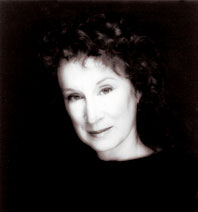The directions of this blog are to choose which blog I am most proud of. However, I am not sure which one I think is best. I am stuck between blog 2 and 3. The reasons why I do not know which one to choose is because of all of the emotion I felt when writing the two. Blog 2 was a personal account of a lost one that was reflected through the poem I chose. And Blog 3 was an emotional account of my interpretation of a poem I felt connected too. I think that because of my emotional involvement this task is somewhat hard to do. So since Blog 2 received more positive feedback from my classmates I'll go with Blog 2. In the Blog we had to pick a poem and give our reaction to it's message and then choose an image which we felt made sense with the poem. Then we had to write as if we were emailing the poem to someone and why. I am proud of it because of the connection it made with my other classmates, and how they were able to see death in a different light. With that said, I am satisfied that I was able help others through my interpretation.
Throughout this class we have been working with poetry and our interpretations.
- I have learned that poetry is a very beautiful way of writing one's emotions and when read and internalized many people can apply the poems to their own lives or situations.
- I learned of the power of metaphors, similes, and imagery to transform the poet's writing to create beautiful, and vivid pictures and scenery that come to life.
- I learned that the symbols and allusions create more meaning in the poet's words which can create depth in their poems.
- I learned how to understand the tone and theme in the poem.
- I have also learned of the correct way to cite and work with quotations in order to give the correct acknowledgment and recognition to the writer's words.
I didn't do the house evaluations, but I did read their blogs. I have to say that they were all very informative. What I like the best is that poetry can be interpreted in so many different ways and by reading their responses it helps to see how we are all so different and similar at the same time. I liked reading their reactions and interpretations it was a learning experience.



 Death, be not proud, though some have called thee
Death, be not proud, though some have called thee 